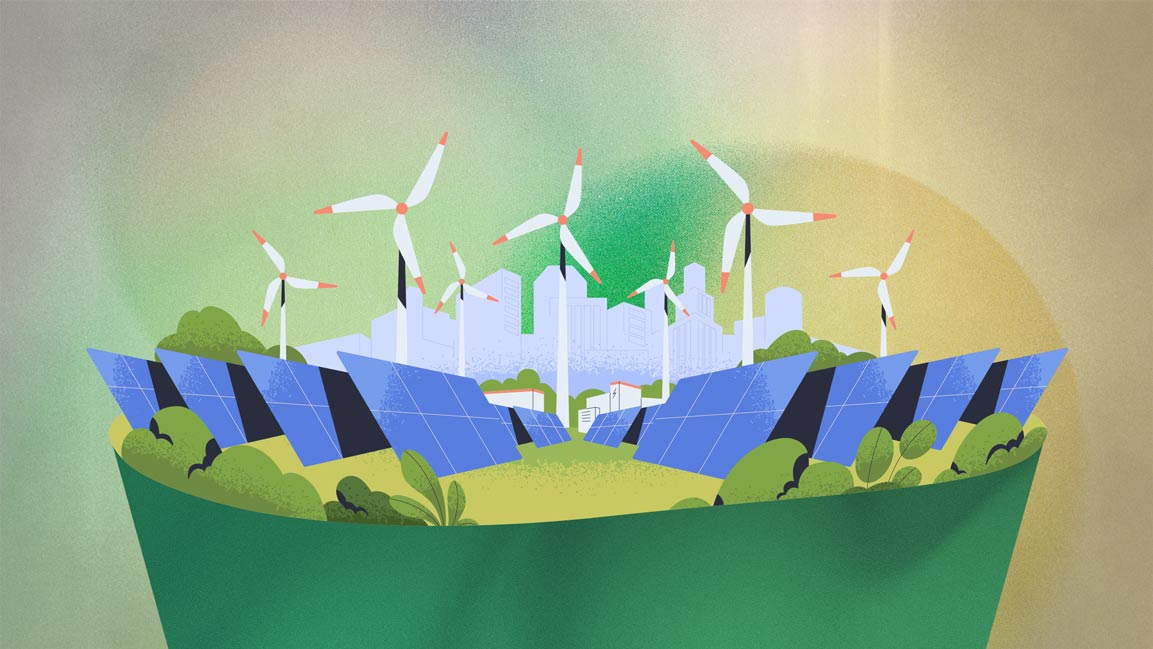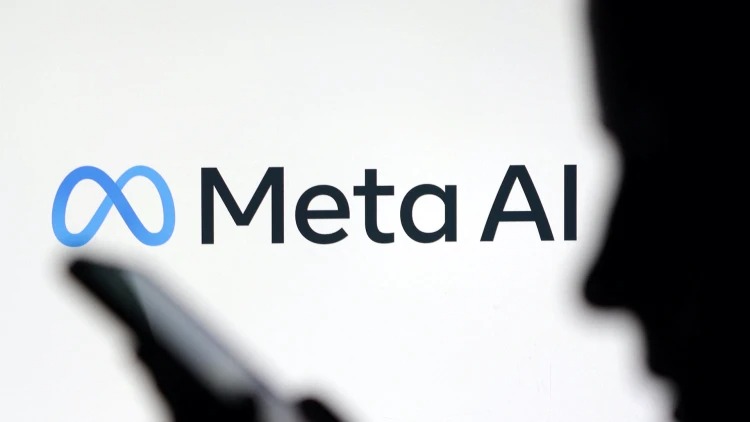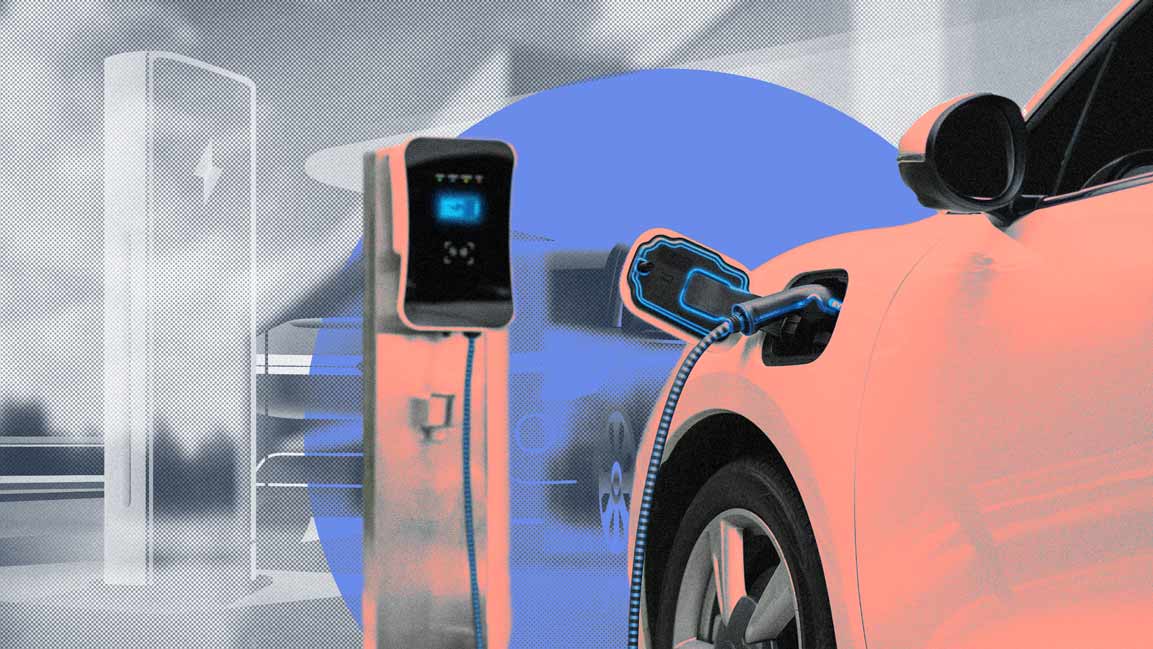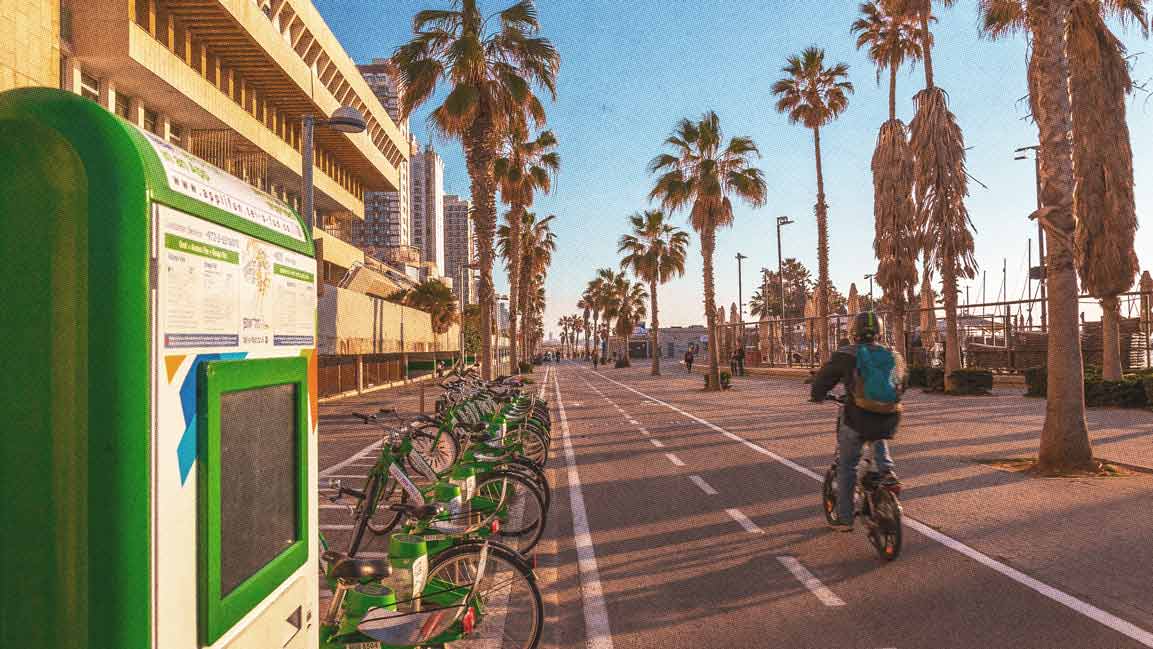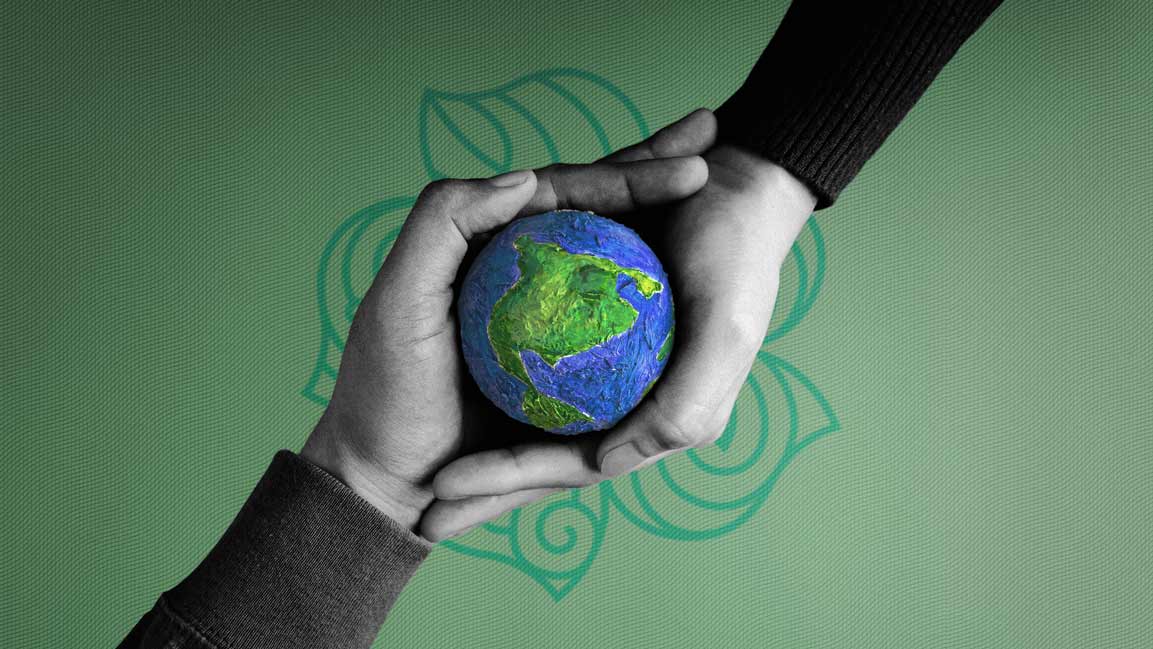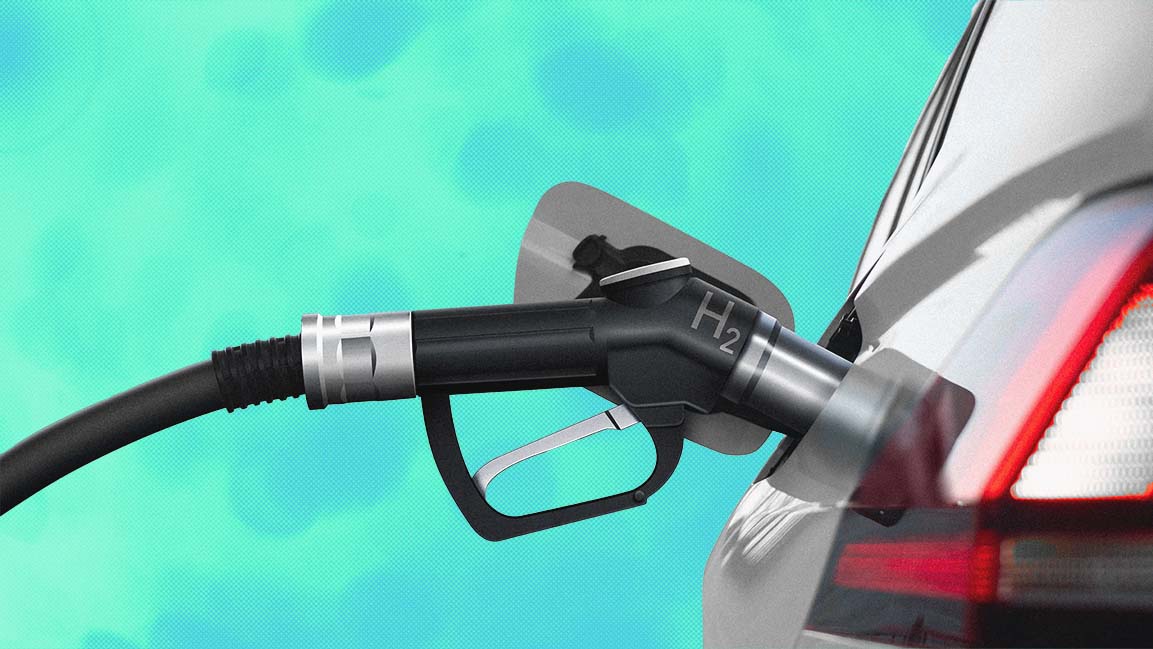- | 11:33 am
The Middle East’s green economic future to take center stage at Davos 2022
The meeting is a unique opportunity for Middle East’s oil and gas producers to make a mark in leading the global energy transition.
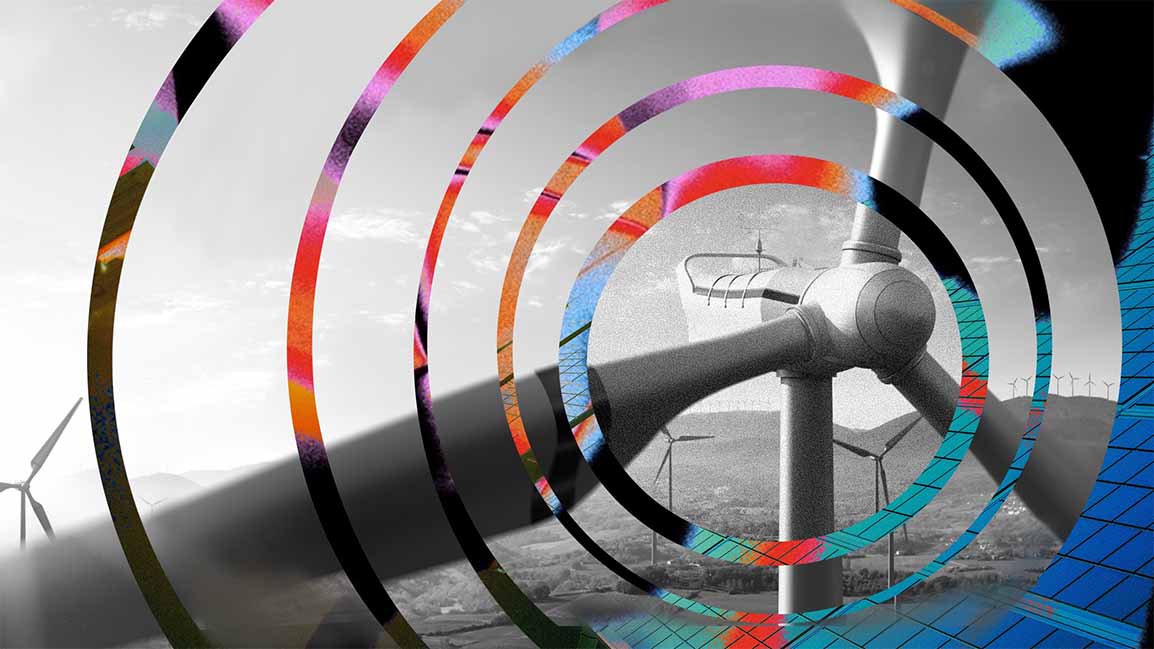
Tomorrow, after a two-year hiatus, the world’s most influential people from the political and business world will be jetting into Davos, Switzerland’s beautiful ski-resort town, for the World Economic Forum (WEF).
The world has changed since the last time the WEF was held in 2020. The pandemic has rocked the global economy, climate change is causing havoc, and Russia’s invasion of Ukraine has led to a global economic shock, with fuel prices hitting a record high.
With the overarching theme “History at a Turning Point” of the exclusive summit, promising a start to a new decade, the Middle East finds itself at the center of the global energy transition.
The meeting is a unique opportunity for Middle East’s oil and gas producers to make a mark. Even while state-owned oil and gas businesses are reaping the rewards of higher prices now, energy transition is among their highest policy priorities.
The big question is: Will this latest spike in crude oil prices speed the global transition to cleaner energy sources to fight climate change?
The answer is cautious optimism.
Prominent leaders from the Middle East attending the summit in Davos, including Faisal bin Fadel Al-Ibrahim, minister of economy and planning of Saudi Arabia, Abdulla bin Touq Al Marri, minister of economy of the United Arab Emirates, and Yousuf Mohamed Al-Jaida, Chief Executive Officer, Qatar Financial Centre (QFC), will be reinforcing the region’s role in decarbonization and significant innovations it’s making in emerging areas such as green hydrogen, carbon capture technologies and harnessing solar energy, cultivating global leadership status in this space.
However, experts have noted that the problem at hand is more complex. A recent report that has reviewed the investments made by companies across different sectors, including both upstream and downstream oil and gas companies, states that enterprises need to go through a period of “unprecedented change if they are to be fit for purpose in a decarbonized, decentralized, and digitalized world.”
How the energy and resources sector position itself today in preparation for transformation will determine its sustainability and could make or break its competitive advantage over the next decade.
Interestingly, when fossil fuel prices are rising, consumers are taking clean energy alternatives more seriously as it becomes affordable. Green transformation and its economic impact in the Middle East and the challenge of scaling up clean energy development while reducing fossil emissions to meet billions of people’s rapidly growing energy demands in the Arab world will dominate the conversations in Davos.
WELL-PRIORITIZED PLANS
Navigating this early stage of the energy transition requires thoughtful policies and well-prioritized plans. Growing climate concerns with the Middle East warming at twice the global average posing serious economic challenges make the discussion around the energy transition all the more vital.
“When it comes to pursuing a circular economic structure, we must ensure we balance our ambitious goals and our social and socio-economic realities. As with other parts of the world, in the Gulf region, we are at the foundational stages of a circular economy,” says Badr Jafar, CEO of Crescent Enterprises and President of Crescent Petroleum, who will be speaking on a high-level panel that will discuss the transition to a green economy in the Middle East in Davos. “As we develop policy and build infrastructure at this crucial stage, we must ensure we are simultaneously enabling development through access to affordable and acceptable energy.”
The most important step, he says, when managing the energy transition is to “emphasize the evolution of our energy systems in tandem with the environment and with society as a whole. In doing so, we can stop dividing problems into zero-sum camps and consider solutions on their merits. For example, those that are easiest to implement, such as coal to gas switching, or highly effective such as methane reduction.”
Governments and businesses play a key role in enabling a conducive evolution. Egypt and UAE have taken the lead with net-zero commitments. The UAE’s Circular Economy Policy, for example, sets out a clear framework on priority areas, their implementation, and measurement, Jafar notes. Saudi Arabia is also trying to generate hydrogen with green energy like wind and solar at its megacity of the future NEOM.
However, there are concerns about the derailment of the energy transition given the crunch in fossil fuels, which adds another layer of complexity. In a statement to CNBC, Saudi Arabia’s minister of investment and former CEO and Chairman of Saudi Aramco, Khalid al-Falih, highlighted the “unrealistic expectations” by some advocates of accelerated decarbonization. The transition is a multi-decade process that will take its course. “We need to do it to ensure reliability, affordability, and sustainability,” he said.
The Middle East has consistently supplied 31% of global oil production and, in the process, has established reliable, long-term trade relationships worldwide, says Jafar. “As the effects of capital starvation in the global oil sector begin to be felt, we are likely to see the region play an even greater role. It will be one of few regions with resource strength and capital availability.”
DIVERSIFY AWAY FROM OIL EXPORT
The challenge in the Middle East is how to diversify away from oil export revenues while the importance of the region’s oil grows on the global stage. Given the imminent need for a serious discussion of an energy switch, Jafar explains that the energy transition has focused on greater electrification of the world’s energy needs allowing for greater penetration of renewables. “Unfortunately, this will have a limited effect on oil demand in most sectors. Aside from electric vehicles, there are few appropriate alternatives to oil in most demand groups”.
There is another dynamic at play. Recently, Suhail Al Mazrouei, the UAE’s energy minister, has hit back at new US legislation intended to regulate OPEC’s output, saying such efforts would bring chaos to energy markets. Al Mazrouei, who is not attending the WEF annual meeting this year, said that OPEC was “unfairly targeted” over the energy crisis, and disrupting OPEC’s established production system could see oil prices shoot up by as much as 300%.
Earlier, Abu Dhabi National Oil Company (ADNOC), another big player in the petroleum sector, stepped up its commitment to the energy transition with a new venture with Abu Dhabi National Energy Company (TAQA). At the World Future Energy Summit in January, the company said “2022 would be a turning point for the UAE and the wider region to realize its clean energy dreams”.
There is some nuance, though: Recently, ADNOC announced three oil discoveries, including one at Bu Hasa, with a crude oil production capacity of 650,000 barrels per day. The company will not be attending the summit this year.
“Global efforts to reduce investment into fossil fuels have created an atmosphere of significant caution within the oil sector. International Oil Company (IOC) investment is hard to attract, industry headcount won’t recover from recent oil price downturns, and analysts predict peak oil demand. The greatest challenge for the oil sector may be how it maintains enough production to meet the demand of sectors that will struggle to switch to anything else economically without major disruption,” Jafar adds.
According to Adnan Merhaba, Partner, Energy & Utilities Practice Lead at Arthur D. Little, a strategy management consulting firm, energy transformation must be all-encompassing. “For some energy players, the journey will mean thoroughly evaluating their global and regional assets to determine those at risk of being stranded and then divesting accordingly.”
For others, the focus will be on diversification, building outward from their existing competencies by adding new capabilities or creating risk-sharing partnerships that enable them to exploit new opportunities. “For most, achieving greater operational efficiency by embracing digitization and significantly reducing its carbon footprint to meet increasing demands from investors and shareholders will be the only way to adapt to changing market conditions quickly,” adds Merhaba.
What is certain, though, is that global transformation will start with the Middle East’s biggest players. Through implementation and action, the region will bear the torch for the green energy sector.









